India has a huge potential to be a data refinery: Ravi Shankar Prasad
Ten years ago, Internet and Mobile Association of India (IAMAI) conducted its first India Digital Summit inaugurated by Ravi Shankar Prasad, Minister of Communication, Electronics, Information Technology, Law and Justice, Government of India. He is a future facing technologist, whose Ministry’s investments in digital infrastructure in the last 7-8 years have helped India withstand the COVID-19 pandemic. IAMAI is hosting its flagship two-day India Digital Summit 2021 on January 19th and 20th, which was once again inaugurated by Prasad. He was joined by Anant Goenka, Executive Director, The Indian Express.
Edited Excerpts from the discussion…
Register for IAMAI India Digital Summit 2021.
Anant Goenka: What is the way forward for Indian Government’s Production Linked Incentive (PLI) Schemes?
Ravi Shankar Prasad: We have just concluded 2019-2020 and commenced a new decade. Last year was very challenging. No rain. No train. No flight. No road movement. But the three arms of my department were working round the clock – communication, IT and electronics – to keep the country going. A country of 1.3 billion+ was not interrupted because of the proactive measures we took, notably Work From Home. Today, 85% of India’s IT operations are work from home without any interruption.
When I was defining Digital India, I had consciously made the emphasis that inclusion was the hallmark of Digital. Let me give you an overview of what we’ve accomplished.
- We opened 370 million bank accounts. We linked those bank accounts with Aadhaar.
- In the last 5 and a half years we have sent direct benefit transfer of close to Rs 13 lakh crore to the bank accounts of the poor. We saved close to Rs 1.7 lakh crore.
- We disbursed close to Rs 8,000 crore through Aadhaar enabled payments during COVID-19.
- The number of Digital Kiosks at Common Service Centers was close to 80,000 when we came to power in 2014. I have raised it to 3.77 lakh.
- 12 lakh boys and girls are involved in digital delivery of services in the entire country.
- 40 lakh e-gramin stores are operational. They home deliver 15.5 lakh orders, transactions worth Rs 150 crore.
- 77 lakh downloads of Arogya Setu app.
- On August 15, the Prime Minister announced optical fiber network to connect 6 lakh regions of India in 1,000 days.
- We launched public WIFI network, PM-WANI, that even a chai wala or grocery store owner can operate.
- COVID-19 digital platform is going to play a crucial role in managing the logistics of vaccination being done.
- Close to 1,000 digital mandis are available on e-kisan. Nearly 2 crore farmers are using it.
- 50 lakh cases have been conducted digitally during this pandemic.
When we had come to power in 2014, there were only two mobile factories. Now, India is home to 268 mobile factories. We have become the 2nd biggest mobile manufacturer in the world. It is my wish to enable India to become No. 1.
We spent Rs 1,000 crore on Modified Incentive Package Scheme (MSIPs) and the units ended up giving GST worth Rs 34 crore. Therefore, when you come up with the right policy initiative, then people do respond.
That’s why we went in a big way to launch Production Linked Incentives (PLIs). What are PLIs? In plain terms you manufacture, produce, export and we give you incentive. The idea is to bring global companies to India, and enable Indian companies to become national. We launched this scheme at the height of COVID in April 2020 just to test the capacity of India. All top companies applied and have committed to make mobiles and equipment worth Rs 10 lakh crore in the next 5 years, out of which Rs 7 lakh crore is for exports. It will give jobs to 9 lakh people.
Anant Goenka: India today is the hub for top global companies in mobile manufacturing and this is irreversible. What future do you envision for this initiative?
Ravi Shankar Prasad: India must become the biggest center of laptop manufacturing, machine to machine equipment, tablets and IoT devices.
My reasoning for this is simple. A) Many of the Indians are working there and we must give them scope. B) India is home to extraordinary human resource talent from R&D to talent. C) India is a very big market for these devices itself.
Atmanirbhar Bharat does not mean an isolated India. It means India as an active participant in the global economy. Electronic manufacturing is environment friendly. There are no hazardous emissions of gasses, etc. It is India’s time in this global ecosystem of electronic manufacturing.
Anant Goenka: What is your stance on app diplomacy?
Ravi Shankar Prasad: We banned 300 apps because the issue was data privacy, national security, and national sovereignty. Therefore, any exposure of companies, national security angle will also consider whether it is private or government. As far as financial rules are concerned, changes have taken place with regards to relevant countries who share physical adjacency with India. We don’t want to be vindictive, but we don’t want to compromise India’s security.
Anant Goenka: What is the status of Data Privacy Protection in India? Will it get made into a law any faster now post COVID-19?
Ravi Shankar Prasad: There is no doubt about that. We enacted the architecture after the widest consultation, which had a former Supreme Court judge recommending it. Thereafter, it is under examination by the Select Committee of the Parliament. Once the report comes, we will put it on the fast track for Parliamentary approval.
Let me share my general views.
I have always linked data with the digital sovereignty of India. Data must be voluntarily acquired and used for the purpose it has been collected. The data fiduciary must ensure safety and sanctity of that data.
I do acknowledge the need for inclusive data policies across the globe to keep digital commerce intact. But the ground rule of that must be clearly laid out. Next, there must be reciprocity in the data sharing of the world. We shall never compromise on our data sovereignty.
Why am I emphasising this? We produce a lot of data. There are 1.3 billion people. There are 1.2 billion mobile phones. India’s digital appetite is unlike any other country in the world.
I want India to become a big center for data. Data economy is the future. By data economy I mean data collection, processing and innovation. India has a huge potential to be a data refinery. Data centers are also emerging in the private center. Data economy must prosper in India by developing a complete ecosystem in that regard.





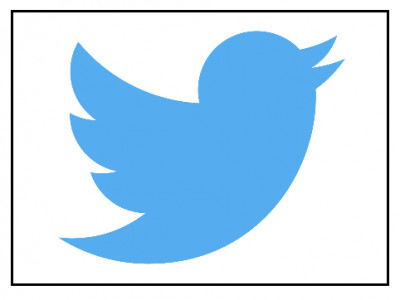
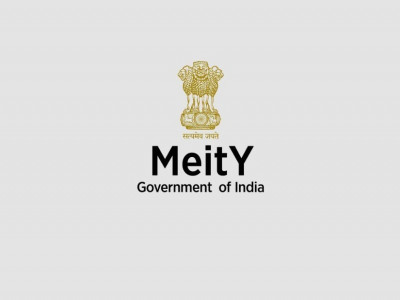
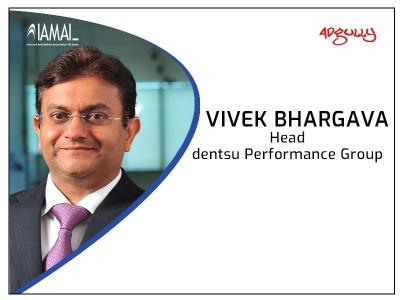
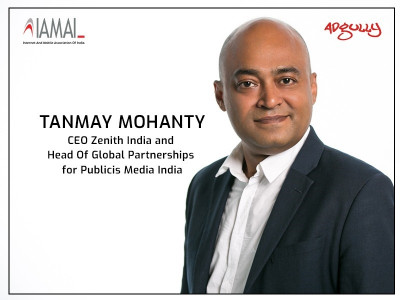

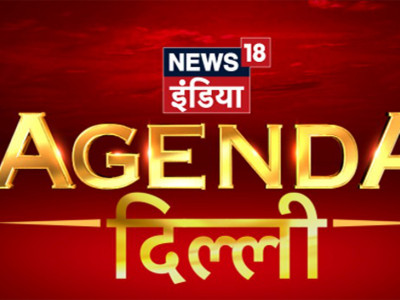
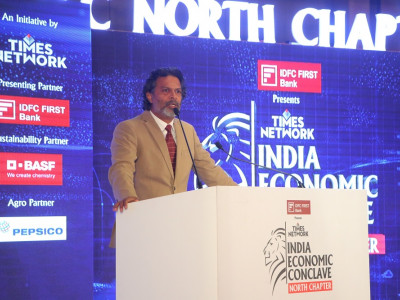






Share
Facebook
YouTube
Tweet
Twitter
LinkedIn